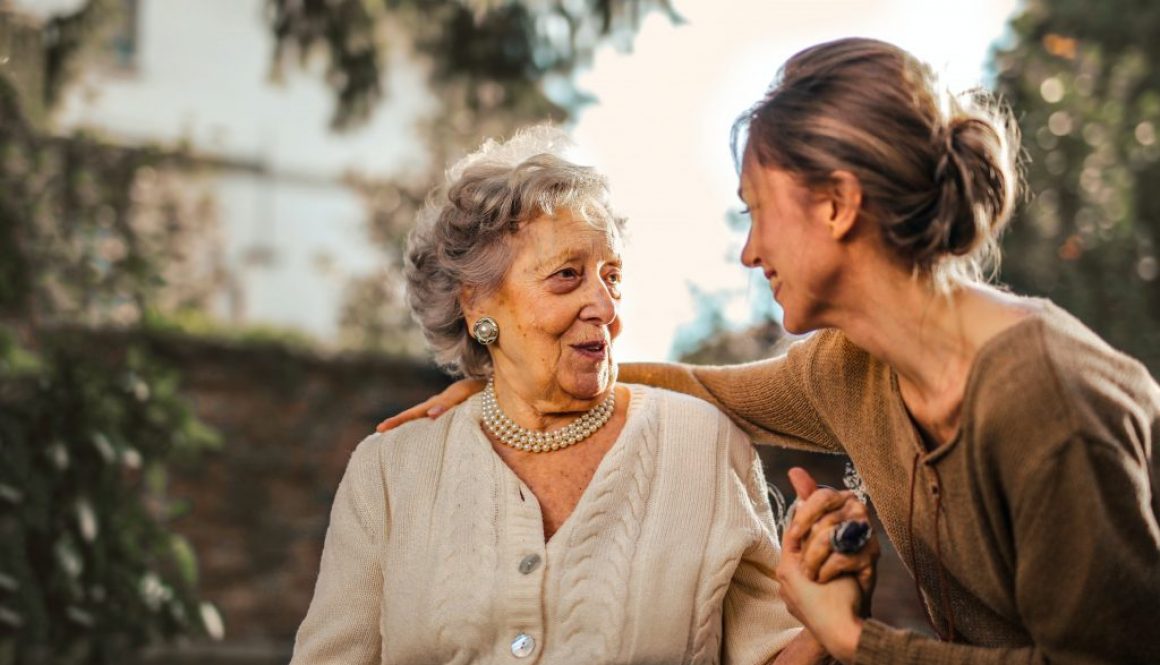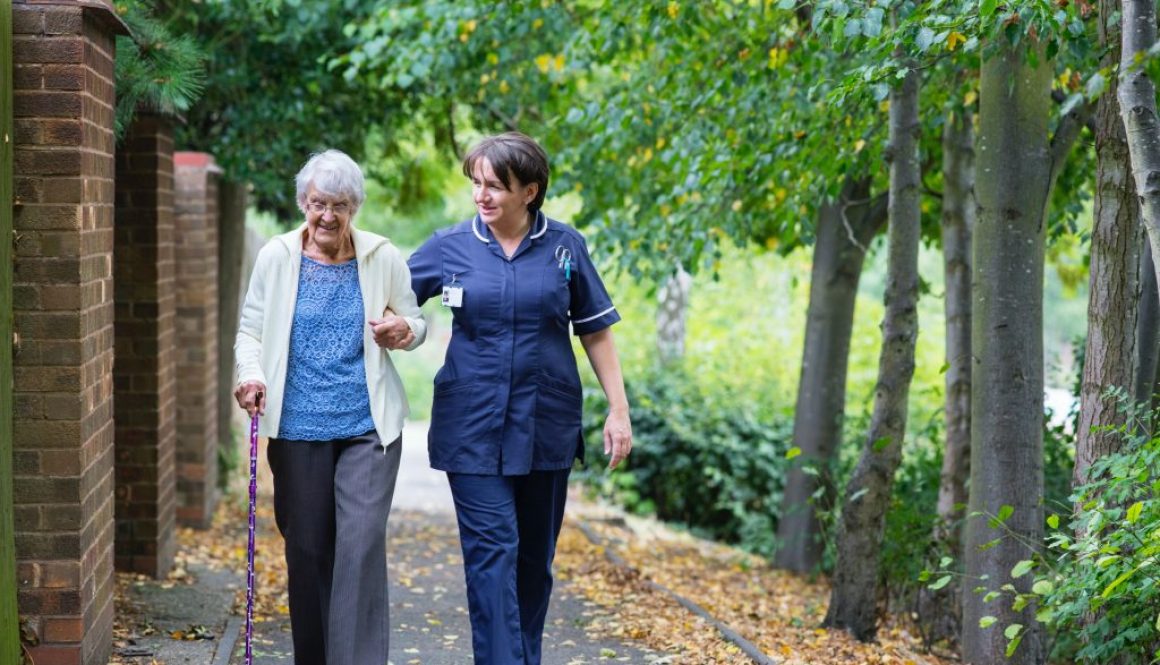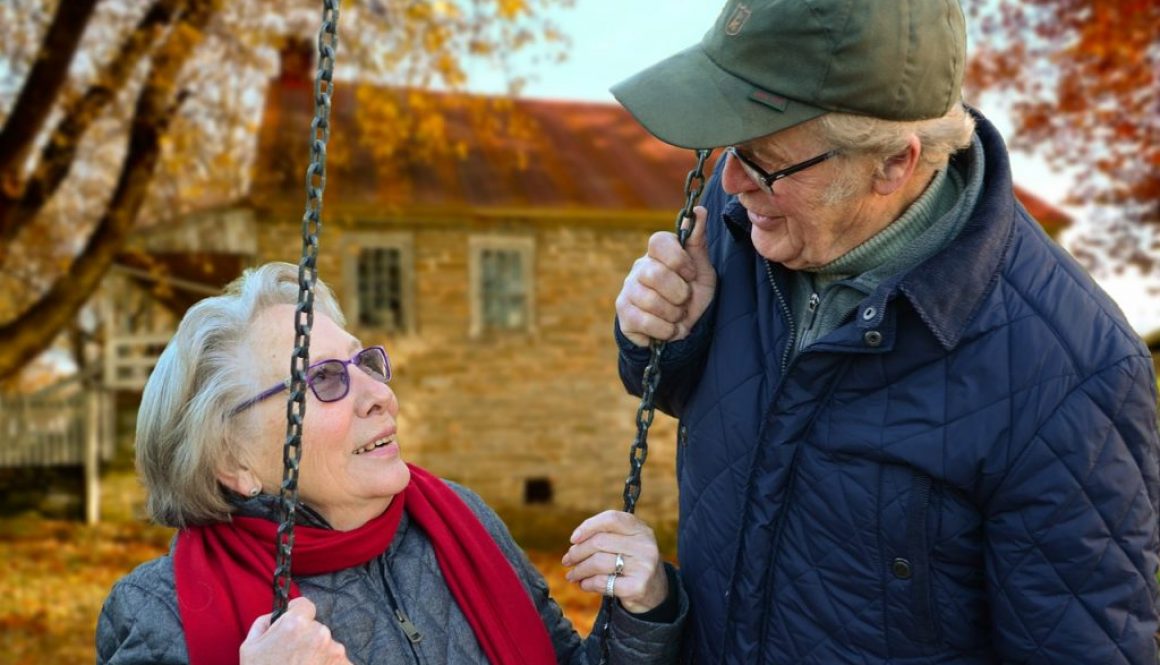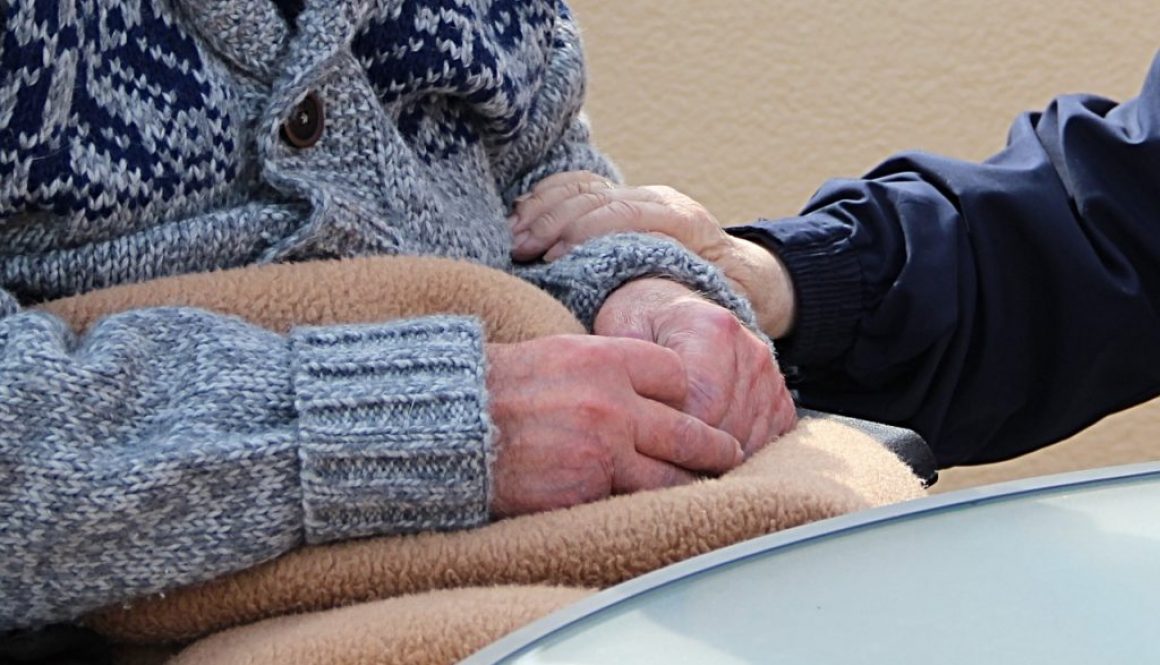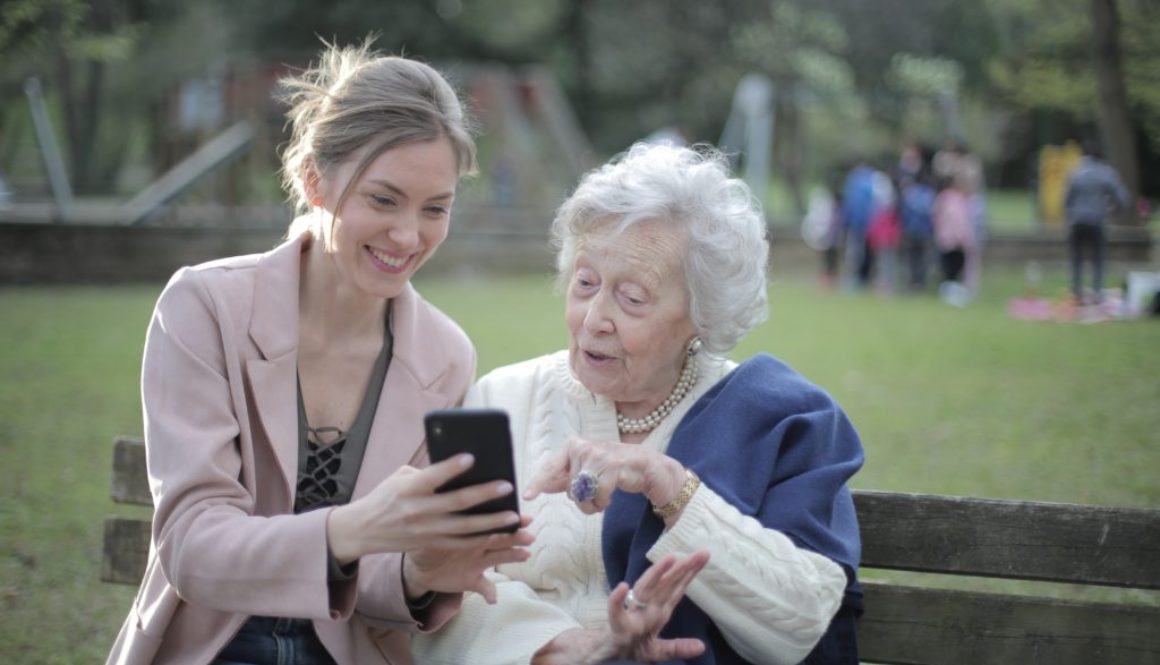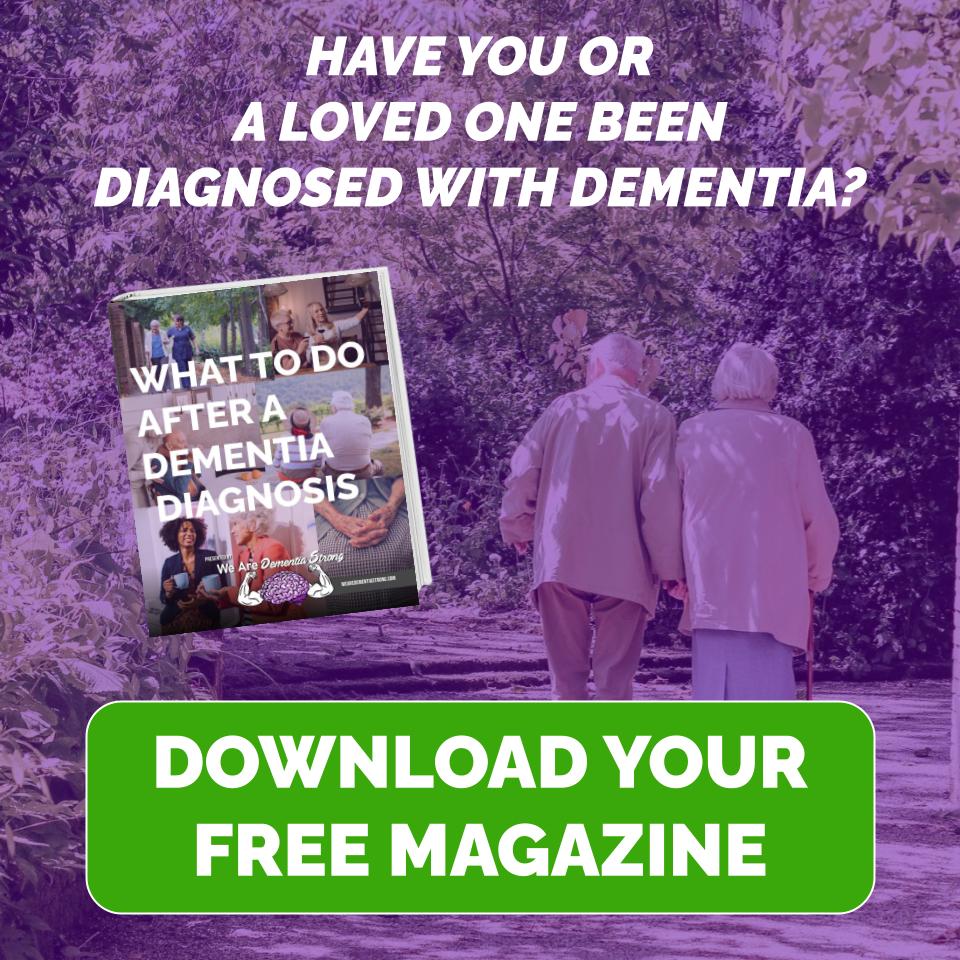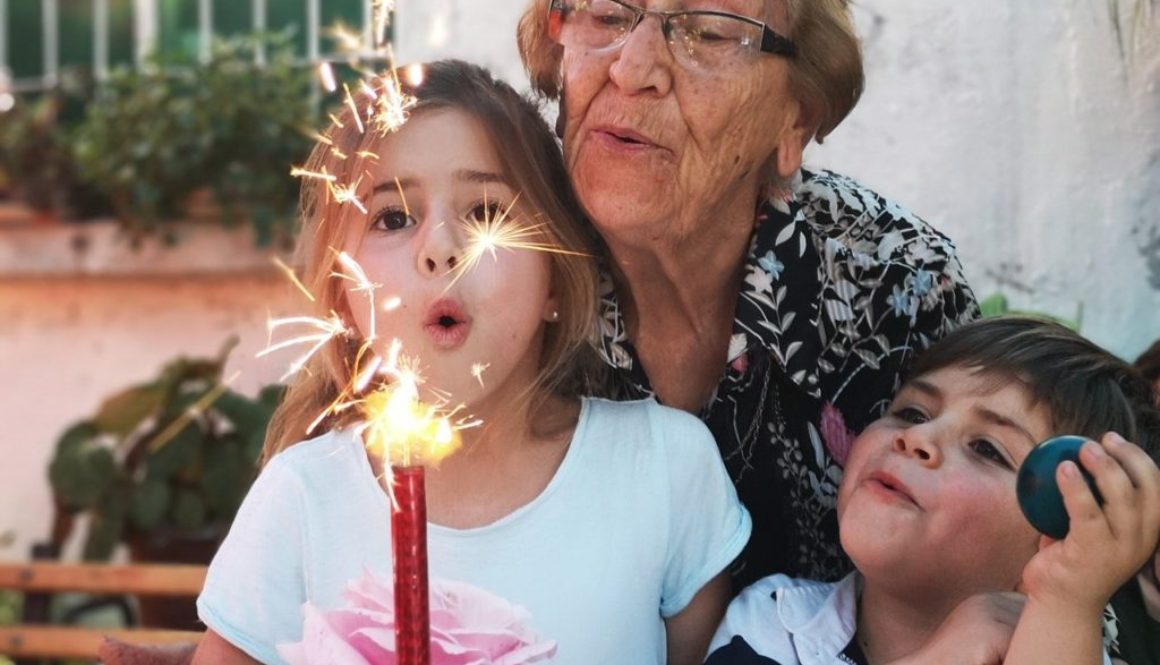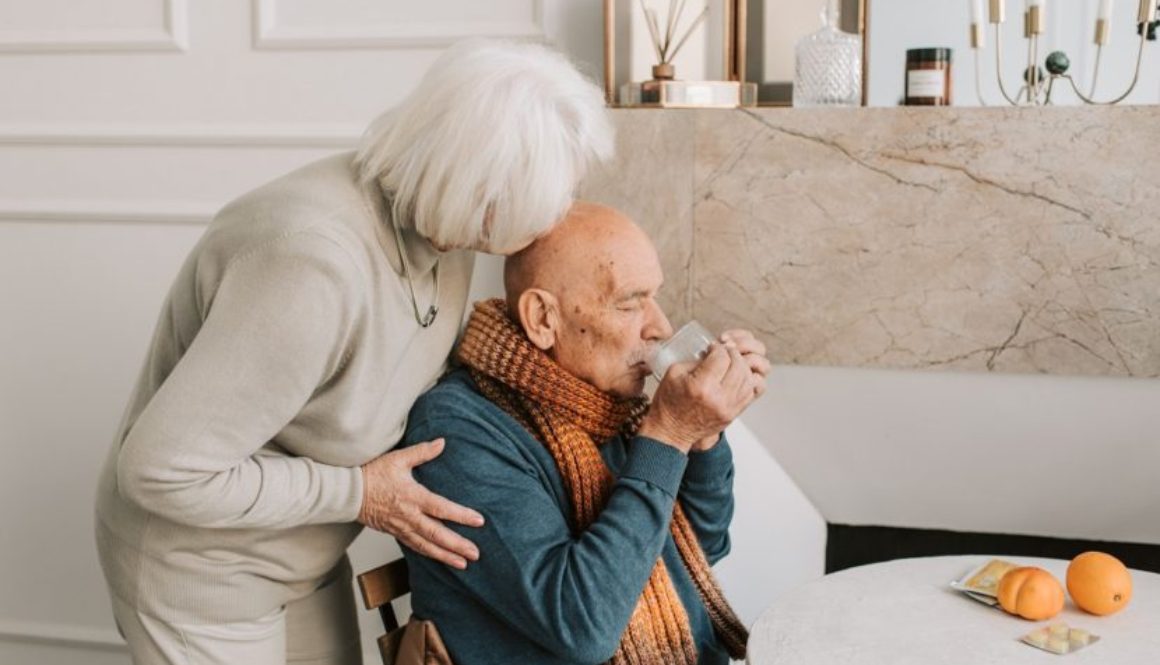5 Ways Person-Centered Care Improves Health & Happiness
It really grinds Brian’s gears. I’m not kidding. Being labeled an Alzheimer’s “sufferer,” or “disabled,” or even somebody’s “patient” makes my life partner/care partner so angry. It’s easy to understand why. We prefer person-centered care and language because anything else automatically places the individual at a disadvantage.
A disadvantage? How?
Let’s say your mother lives with dementia. Her condition has worsened the last six months, so she agreed to mobilize part of her life-care plan to move to a memory care home in your community. “It’s for the best,” she says in one of her more lucid moments.
But you begin to hear some things you don’t like. The doctor on staff isn’t listening to her concerns about a certain medication. The nurses don’t call your mother by her first name, Beth, instead referring to her as “the Lewy-body dementia in 26A.”
“The doctor still has her taking that medicine? It’s only making her worse,” you complain to the administrator. “And she’s not even being labeled as a person anymore? She’s Beth, and she’s a person first!” As Brian always always says, “I may have Alzheimer’s, but Alzheimer’s does not have me.” But person-centered care and language isn’t only for persons living with dementia. Any individual – whether living with a terminal illness or aging in good health – can have better health and happiness with some careful attention to how realities are discussed and care decisions made.
The Benefits of Person-Centered Care & Language
Person-centered care (also called person-focused or person-directed care) empowers the individual at the center of care. Health care systems for years had a top-down approach. There was a health professional in charge of decision-making in what was supposed to be a patient’s best interest.
People only received care. People were caregivers. Our loved ones were defined by their diagnoses and medical needs. Intended or not, such thinking gave power over the individual in both word and deed.
Philosophies then began to change – for the better. Why shouldn’t a person direct their own care? (They know their bodies best, after all.) Why should someone be called a caregiver? (More accurately, they’re partnering in and assisting with a loved one’s care.) Words and care models matter, and our good friends at the Pioneer Network and Eden Alternative have led these culture-change efforts for decades.
Here’s an easy breakdown of how person-focused care and language works.
1. Speaking the Language of Compassion
Words are our most powerful weapons. Their very presence can hurt or heal – your choice. Person-focused language is one of compassion. It prefers “care partner” to “caregiver,” “resident” to “patient,” “person with different abilities” to “disabled,” and so much more.
As you can see, it removes labels and focuses on the strengths individuals do have rather than weaknesses. To Brian’s point, he’s not a “sufferer of Alzheimer’s and vascular dementia.” He may struggle, but he’s not defined by that struggle. He’s Brian, and he’s defined by his life – everything he’s done, victories and defeats, love and loss, family and friends. Likewise, your loved one is entitled to care verbiage that honors their humanity and spirit.
Even the places they receive care are subject to person-centered language. “Facility” is such a common term. But the Eden Alternative asks, “Why are we still dropping the F-bomb?” Wouldn’t you feel more happy, comfortable and ready to heal at “home”?
2. Giving the Individual a Voice
Medical professionals used to enter a room, make an analysis and render a treatment decision. It was to be followed to the letter. We get it, most medical professionals and teams have years – even decades – of schooling and experience. But what of the individual who lives in that body, knows how it feels and reacts, and the loved ones who also know them best?
Person-centered care philosophies now understand individuals and their loved ones are the most under-utilized of all health resources. We now have a voice and a choice to help inform the care that’s delivered. If a certain medication or treatment doesn’t work or is too painful, that’s taken into consideration as something to avoid and not simply as a negative side effect.
Sometimes individuals prefer a care routine – a daily regimen of specified care and activities. Others enjoy more latitude to see what each day brings. And with some great life-care planning, person-centered care can give a voice even when the individual can no longer speak for themselves.
3. Involving Loved Ones
We mentioned family and other close loved ones. They know the individual best. They’ve seen the progression of the person’s natural aging or disease, first-hand, sometimes every day for many years. They’ve seen treatments fail or work perfectly. And when a loved one has lost the capacity to advocate for their own needs, family members and close friends are the only ones left to help make decisions.
But it’s not just about care decisions. (Helpful hint: hopefully your loved one has a living will or advance directive to honor wishes.) Sometimes improved health and happiness comes from just having loved ones involved on a regular basis. Seeing a beloved husband, wife, grandson or even favorite neighbor regularly quells feelings of loneliness, helplessness and boredom.
4. Seeking Alternative Approaches
Health care is now a realm of education, consultation and delivery. Person-centered care allows us to hear options and discuss which may be the right approach. When one door closes, it’s on health professionals to uncover alternatives that may be seen as safer and more effective.
Advances in medical knowledge and technology have virtually eliminated one-size-fits-all care approaches. What works for one may not work for another. No one dictates care beyond the care recipient.
5. Changing Perceptions
Culture and media have framed many of our perceptions of aging and illness. As you know, these realities are increasingly portrayed as “ugly,” “weak” and “undesirable.” Person-focused care and language counter those attitudes as utter nonsense. Beauty and strength are found in all ages and ability levels. No one’s “ugly” because they’re advancing in years. No one’s “weak” because they’re affected by an illness they didn’t choose.
And as an added bonus, these philosophies also improve health provider outlook. A positive outlook to daily care always leads to less job burnout, greater job satisfaction and lower turnover rates.
Let’s Build a Plan for Person-Centered Care
Every person has intrinsic value, dignity and character. Person-focused care and language honors each of these – and more.
Caregiver Support and Resources, LLC has over 25 years of experience with all aspects of life-care planning, including Board-certified Patient Advocacy, Medicaid Planning & Asset Protection, Referral Services and #WeAreDementiaStrong. We’re happy to guide the process in a caring and compassionate way.



